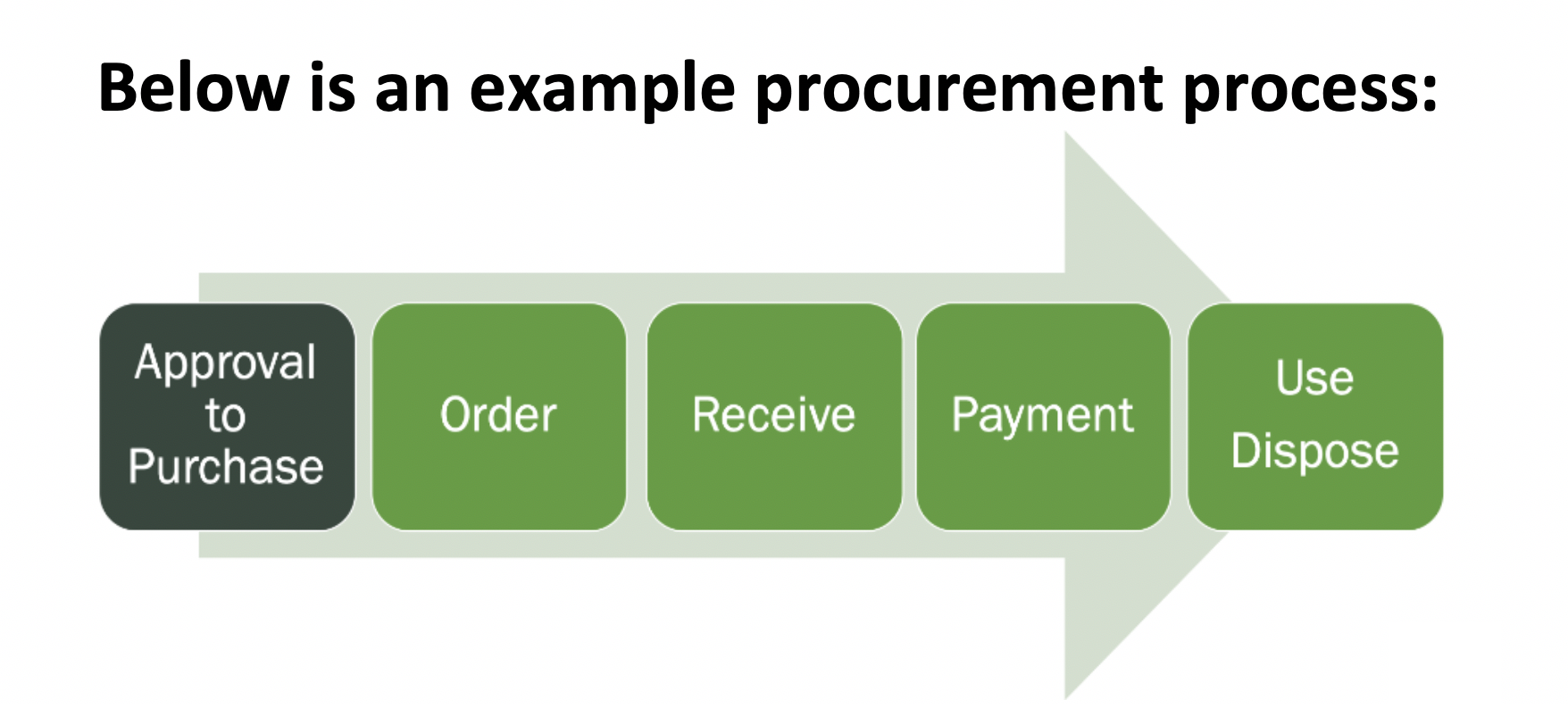Texas Charter Procurement
The goal and function of purchasing departments in charter schools is to provide the highest quality goods and services available within the parameters of the approved budget and in compliance with all applicable guidelines and laws.
Some charter districts are a one-man or two-man operation, so it’s even more important that all checks and balances be completely concise and followed. With so many laws to follow, it’s easy to bypass the importance of even one of the most basic but required questions, such as “Does your charter school require a second signature on purchases over a certain dollar amount?” or “When does the bidding process become effective when I’m making a purchase?”
Training staff members in the purchasing practices at your charter school is critical to staying in compliance with your local board policy and state/federal administrative rules and regulations.
Purchasing with State Funds
When using state funds, Texas Education Code §12.1053 governs purchasing and contracting for open-enrollment charter schools. The required purchasing procedure depends on the nature of the goods or services being purchased and on the terms of a school’s charter contract. The following categories are the most common in procurement:
- Public Works, examples include:
- Contract for improvements to real property
- Construction
- Repairs or renovations
- Professional Services Contracts, examples include:
- Accounting
- Architecture (Landscape Architecture)
- Land Surveying
- Professional Services supplied to students
- Other goods and services, examples include:
- Acquiring insurance
- Portable classroom buildings
- Other general instructional or operating supplies and materials
If a school’s approved charter contract includes specific purchasing procedures, those procedures will always prevail against any state law generally applicable to all open-enrollment charter schools.
Purchasing with Federal Funds
When using federal funds, open-enrollment charter schools are subject to procurement standards generally applicable to ISD’s. Consequently, charter schools are subject to OMB A-87 (Office of Management & Budget) and federal regulations published in 2 CFR 200.
Register now for the EDGAR 2: Expenditures – Allowable Cost & Procurement Online Course.
For purchases using federal funds, Charter schools must establish written procurement procedures that accomplish several objectives:
- Reduce fraud, waste, and abuse
- Improve simplicity and consistency
- Increase efficiency
- Strengthen oversight
Additionally, changes in federal policy regarding the expense of federal monies now require greater oversight in contract management. In a charter school utilizing federal funds as part of its budget, the following areas must be addressed in its operating policy:
- Cash Management Procedures
- Allowability of Costs
- Conflict of Interest
- Procurement
- Travel
When in doubt about which rule, state law or federal policy to follow, the charter school must adhere to the more restrictive policy or requirement if federal funds are involved. The Education Department General Administrative Regulations (EDGAR) indicates you must follow the more restrictive requirement in order to be allowable under Federal Awards:
- “Be consistent with policies and procedures that apply uniformly to both federally-funded and other activities of the non-Federal entity” 2 CFR 200.43(c).
The entire CFR can be found at: https://www.ecfr.gov/cgi-bin/text-idx?tpl=/ecfrbrowse/Title02/2cfr200_main_02.tpl
The Procurement Process
A charter should strive to maximize the efficiency of its purchasing function. It should make every effort to reduce errors and streamline the process to obtain goods and services in a timely manner.
The Purchase Order (PO) is the initial step and serves as a formal order for goods and services from a vendor. A purchase order, once approved, is a binding commitment for a school to remit payment to the vendor after the item(s) and an invoice is received by the charter school.
Each one of these steps is surrounded by policies, procedures, forms, ethics and integrity.
In addition, each department listed below has its own unique “workflow” and procedures to follow:
- School or Department
- Business Office
- Purchasing Department
- Vendor
Compliance with purchasing laws and guidelines is the responsibility of every school employee that authorizes the expenditures of district funds to purchase goods or services. In every charter district, there will be times when policies and/or procedures are not followed for one reason or another. To prepare for these instances, the charter should make sure to address the consequences of making purchases outside of approved guidelines in the fiscal manual or in the charter school’s purchasing or procurement policies.
Register now for the EDGAR 2: Expenditures – Allowable Cost & Procurement Online Course.
Questions?
Visit the Charter School Community Roundtable, where you can ask questions, get answers and discuss!

